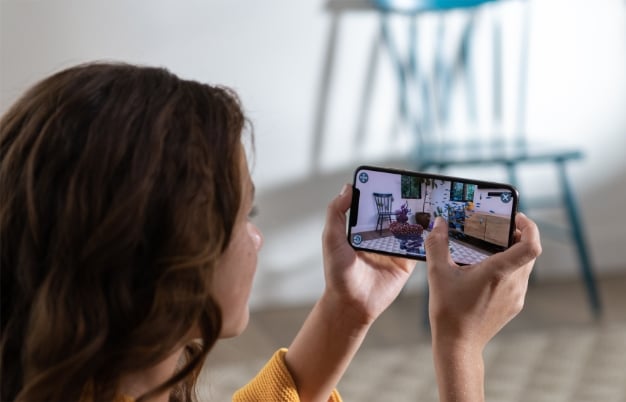iPhone XS LTE Speeds Crush Predecessor, Still Can't Catch Galaxy Note 9
There has been a myriad of complaints about the new iPhone models in their short time on the market. Some of the big complaints about the iPhone XS and XS Max include unreliable charging with many users claiming that the smartphones often won’t recognize the charger. Users have also complained that the new iPhones have less run time per charge and that the cellular and WiFi signals are weaker than on previous iPhone models. PC Magazine has taken an iPhone XS and had Cellular Insights perform testing on it and other smartphones using fancy Rohde & Schwarz measuring equipment.

The iPhone XS and XS Max both use an Intel XMM7569 in part because of the legal wrangling going on between Apple and Qualcomm, with the latter being the leader in modems for smartphones. Qualcomm recently accused Apple of leaking trade secrets to Intel, leading Intel to lash out publicly against Qualcomm. PC Mag used in-lab testing from Cellular Insights and took real-world data from measurements in the Ookla crowdsourced Speedtest Intelligence database for the week of September 24, 2018.

This isn't the first time that Cellular Insights has looked at iPhone devices with it having tested both Intel and Qualcomm-powered versions of the iPhone X last year and found the Qualcomm devices faster at every signal level. The testing firm also looked at the Google Pixel 2 and Galaxy Note 8 and compared them to the iPhone X and found that Apple's decision to not include 4x4 MIMO antennas impacted download speed significantly. Thankfully, the iPhone XS and XS Max both have 4x4 MIMO antennas this year.
Cellular Insights' latest tests used a U.S. model of the iPhone XS Max and compared it with the Galaxy Note 9 and Pixel 2. Testing used a 20 MHz channel of Band 4 that is used by AT&T, T-Mobile, Verizon, and major carriers in Canada. Cellular Insights testing attenuated an LTE signal from a strong -85dBm signal until the modems could no longer perform. Cellular Insights found that the Qualcomm-powered Galaxy Note 9 and Pixel 2 perform better than the iPhone XS Max in good signal conditions, but, when signals are weaker, the Intel-powered iPhone competes more favorably.
Performance between the iPhone XS and XS Max are nearly identical, which is expected. The Ookla Speedtest Intelligence database shows that the iPhone XS on average had a 6.6Mbps faster download speed on all carriers than the iPhone X of last year could muster. Galaxy Note 9 users saw faster download speeds at 43.2Mbps compared to the iPhone XS at 38.9Mbps. The Pixel 2, however, was slower than both the Samsung and the iPhone in real-world tests. Testing suggests that the poor Wi-Fi and cellular signals seen by some iPhone XS and XS Max users have to do with software, and there were no issues in the hardware that would explain the signal issues reported.

